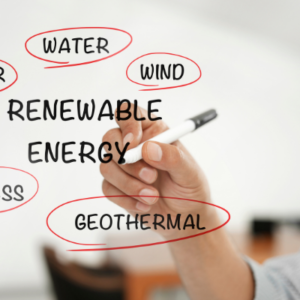The European Investment Bank (EIB) and Intesa Sanpaolo, through its IMI Corporate and Investment Banking Division, have signed two major financial agreements worth a combined €750 million to accelerate the development of renewable energy in Italy and across the EU. The agreements are expected to help finance the construction of renewable energy plants with a total capacity of 2 GW and mobilise over €4.5 billion in investment for the real economy.
The first operation is a €500 million framework loan aimed at supporting renewable energy projects, particularly photovoltaic plants, onshore wind, electrical storage systems, and, to a lesser extent, bioenergy initiatives. Around 80% of these projects will be implemented in Italy, with the remainder spread across other EU countries. Fully aligned with the REPowerEU objectives, the EIB funds will finance up to 75% of eligible costs – a significant increase from the standard 50%.
This financing is expected to unlock €670 million in investment and generate around 500 MW of new renewable capacity, producing approximately 1,200 GWh annually. This is equivalent to the annual energy consumption of over 400,000 Italian households. The projects are also anticipated to create about 2,300 direct jobs during construction and 180 permanent positions once operational. A substantial share of the investment will be directed toward cohesion regions, supporting the EIB’s goal of advancing territorial inclusion.
The second operation is a €250 million counter-guarantee under the €6.5 billion Wind Package announced by the EIB at COP28 in Dubai. Backed by InvestEU, this counter-guarantee will enable Intesa Sanpaolo to activate a portfolio of bank guarantees worth up to €500 million, aimed at strengthening the supply chain and grid interconnections for new wind energy investments. This initiative is expected to mobilise an estimated €4 billion in investment in the real economy and generate about 1.6 GW of new renewable capacity annually.
EIB Vice-President Gelsomina Vigliotti stressed that these agreements promote not only renewable energy production but also the development of a strategic industrial chain, reinforcing EU competitiveness while advancing decarbonisation and energy security. Mauro Micillo, Chief of the IMI Corporate and Investment Banking Division of Intesa Sanpaolo, emphasized that such long-term investments are crucial for sustainable growth and competitiveness, highlighting the importance of close public-private cooperation in driving the energy transition.
Together, these initiatives mark a significant step forward in Italy’s and Europe’s path toward a sustainable, secure, and competitive energy future.







